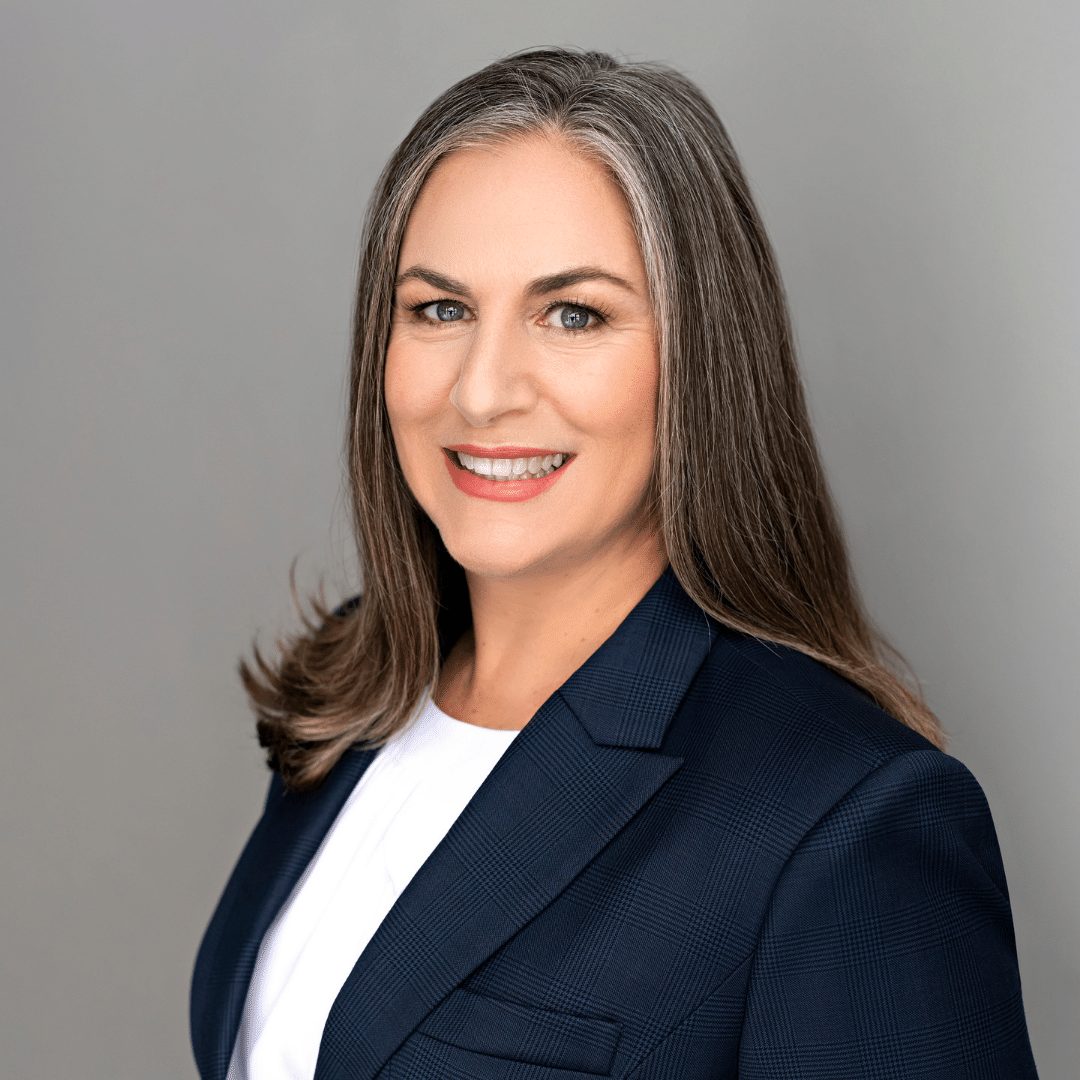Blog
4 Reasons Why Economy-Wide Decarbonization is Hard, But Not Impossible
4 Reasons Why Economy-Wide Decarbonization is Hard, But Not Impossible
By now it should be crystal clear that economy-wide decarbonization is not an easy task. But the jury is still out on the reasons why lowering emissions to net-zero by 2050 is so daunting.
Some will argue that we need to invest more in new technologies that will help us innovate our way out of this crisis. Others will say the simple (and only) solution is better policy and incentives.
I would argue that we already have most (if not all) of the technology we need to meet Canada’s emissions targets. What’s more, policy and incentives alone will not result in economy-wide decarbonization. The reality is that we’re ignoring the hard work that’s going to enable us to reach our net-zero goals.
The Four Challenges to Decarbonization
1. Human Behaviour
To reach our net-zero targets, we must change human behaviour. The International Energy Agency (IEA) has identified changing human behaviour as a means to reduce energy demand and as a critical tool for reaching net-zero emissions by 2050. But rather than opening a dialogue with people, we are hoping that policy and incentives alone will convince everyone to change.
2. Governance
Governance, within this context, includes the systems that we use to make decisions such as energy planning, regulation, building codes, energy policy, ownership and financing models. We have spent the better part of the past 30 years investing in technological innovation. We needed to, because we didn’t yet have the technology to decarbonize our economy. But that’s since changed. And now, the problem is that we haven’t invested nearly enough in governance innovation that enables and drives technological implementation. It’s time to scale back investment in technological innovation and scale up investment in governance structure innovation to enable wide-scale implementation.
3. Overcoming Injustices
Reaching our net-zero goals isn’t just about emissions. We need to take a holistic approach to society’s most pressing issues and solve multiple problems at once. We have the opportunity and the obligation to course correct historical injustices that have marginalized and suppressed large segments of our society while we also decarbonize it. We must tear down the lingering and negative impacts of colonialism as we build out our future energy system. And we’ll need to apply justice, equity, diversity and inclusion into every decision we make.
4. It’s Expensive
Realizing economy-wide decarbonization will necessitate large, up-front costs for something that won’t necessarily provide society with something “new.” We know that a decarbonized energy system will cost us less in the long run and that it will provide additional societal benefits, resulting in a better place for future generations. But there is this really unpleasant problem that nobody wants to talk about: we have to invest a lot of money in the near-term to get to that more affordable system. The reason no one wants to talk about it is because we need to invest in something that doesn’t provide tangible, additional services. It’s crucial that we find a way to pay for the transition while keeping it affordable for everyone, while also ensuring that we don’t pass the brunt of the costs on to future generations.
The good news is that we can overcome these challenges; they’re not impossible. The primary solution to all of these four challenges is cross-sectoral engagement, where we leave prejudice at the door. We need to work together with the objective to find answers and solutions to the challenges we face on our journey to net-zero. With engagement we build trust, we learn from each other, we discover better outcomes, and we collaborate on implementation. We just need to start.
In every decision we make, as we work together towards a net-zero future, we must ask ourselves how we can channel our networks, build cross-sectoral engagement, and apply our learnings and knowledge to overcome the challenges we face. Together, we will get there.
Sign Up
Join the Conversation!
Sign up to get the latest news and updates about QUEST Canada events and receive QUEST Canada's monthly newsletter.



